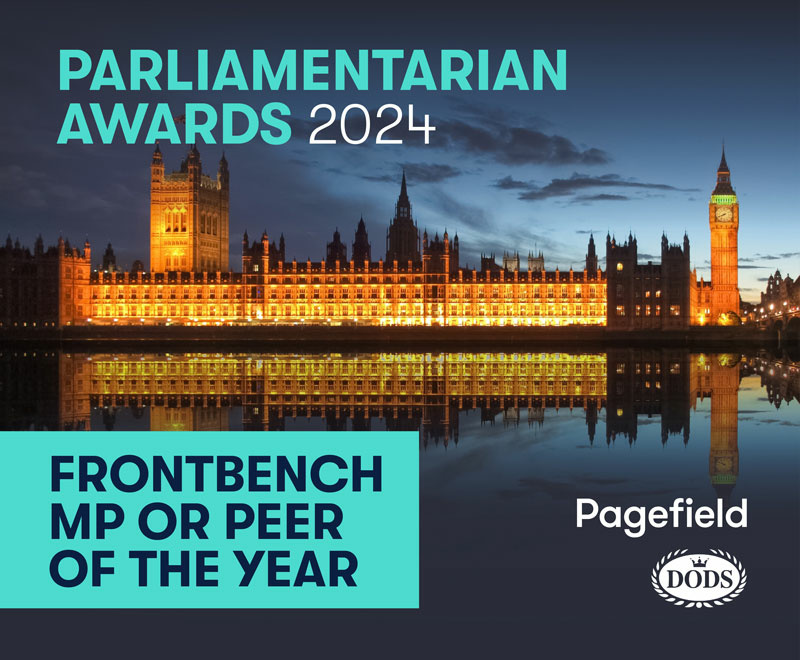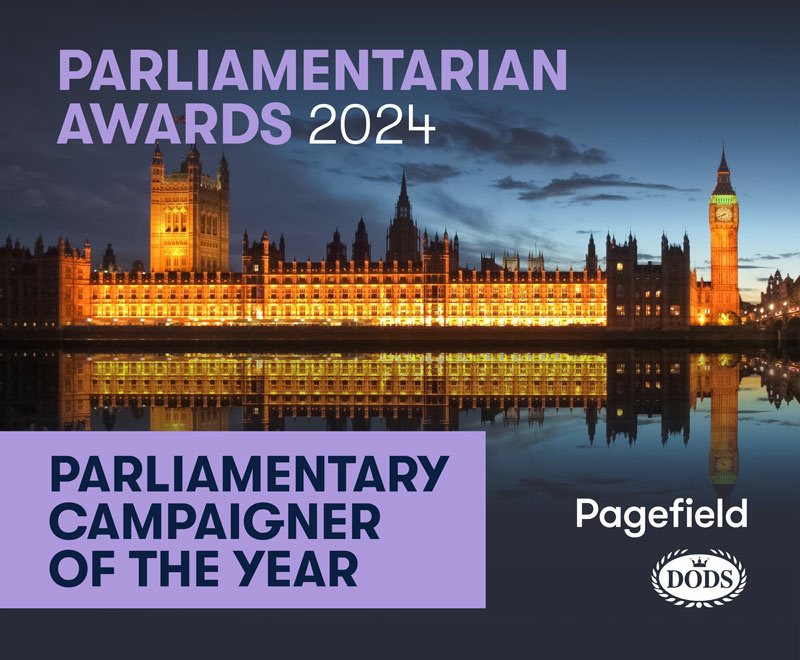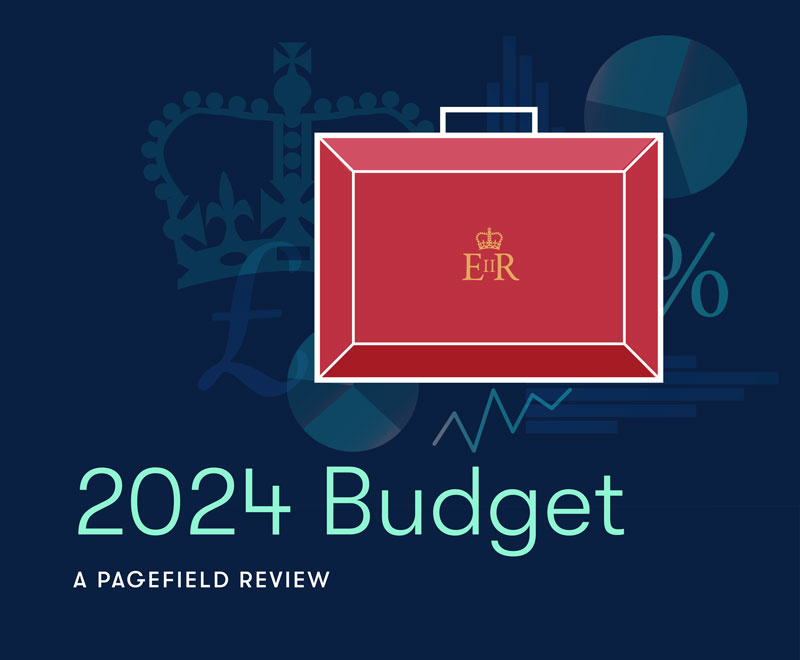The Conservative Party is generally renowned for the efficiency of its leadership elections. There are very clear frontrunners, which means support quickly coalesces around the favourites, deals are quietly struck, and endorsements are transferred as political currency – perhaps in exchange for the promise of a Cabinet position.
Realising that an appearance of unity projects an aura of competence to the country, the Conservatives then present a united front and crown their winner. Indeed, Labour tends to look wistfully at these leadership elections while they suffer own goal after own goal during their own frenzied debates about the future of the Party.
Not this time round, however.
In the wake of Boris Johnson’s untidy departure, there is a particularly crowded and discordant field of Conservative candidates vying to be the next Prime Minister – and the outcome of this race is still anything but a foregone conclusion.
Over the last 48 hours that crowded field has begun to narrow. MPs, including Savid Javid, who failed to gain the 20 MP supporters required, have dropped out, whilst Grant Shapps abandoned his bid and threw his weight behind Rishi Sunak. The former Chancellor is fast becoming the man to beat, with far and away the most MPs backing him, including Party heavyweight Dominic Raab.
Sunak will have to contend with the faction of the Party that are livid at the pivotal role he played in hastening Boris Johnson’s resignation, but candidates towards the right of the Party have so far rejected the precedent of rallying to one frontrunner who could beat him.
These Right-wingers seem loathe to drop out because support is very evenly split. Kemi Badenoch has been endorsed by Michael Gove, Liz Truss by Nadine Dorries and Jacob Rees-Mogg from outside No 10 (and therefore perhaps, implicitly – by Boris Johnson) and Suella Braverman has been backed by Steve Baker.
The Telegraph’s Camilla Tominey has suggested this failure to unify could mean Sunak wins “by default”.
But while Sunak is leading amongst MPs, and challengers among the right populist wing of the Party are hamstrung by the fracturing of their supporters, that doesn’t mean we should start polishing a crown for Sunak. Don’t count out Penny Mordaunt. She has solid MP support and is a runaway favourite with the grassroots membership. Mordaunt is positioning herself as a unity candidate who could bring together all wings of the Party, and unlike Sunak, she has avoided being toxified by association with Partygate and Boris Johnson’s mistakes. She may well be able to convince the Conservatives that she represents the most decisive clean break for the Party.
What does this mean for policy and public affairs?
As things stand, the candidates are playing for support from Conservative MPs and the membership. That means there isn’t really a huge amount to differentiate them.
Policy pledges that have been made so far can be summed up as tax, tax, tax. Nearly every candidate has pledged to cut taxes to ribbons, including reducing corporation tax and reversing the National Insurance hike.
An outlier here is Rishi Sunak, who has made clear that he does not believe spending plus tax cuts is credible. He’s shooting instead for “economic realism”, a punchy political choice which may not play well with Conservative membership no matter how much he labels it the Thatcherite way.
Climate action has also taken a knocking, with candidates like Kemi Badenoch slamming net zero targets.
In such a fast-paced political situation, it is best for businesses and organisations to sit tight, watch and wait it out. Once the final two candidates for the leadership are decided, it will be possible to get a better idea of their motivations and stances on key issues.
What’s next?
The remaining eight candidates will be whittled down further tonight. If we crunch the numbers, it seems those most at risk are Tom Tugendhat, Kemi Badenoch, Nadhim Zahawi, Jeremy Hunt and Suella Braverman.
The campaign remains structured and efficient, but it’s clear this is going to be a messier battle than usual. We have already seen dossiers of negative information being passed around about leadership candidates.
It is clear that the bitter division within the Conservative Party is likely to come to the forefront throughout the summer in what is already being predicted to be one of the dirtiest leadership campaigns in history.




